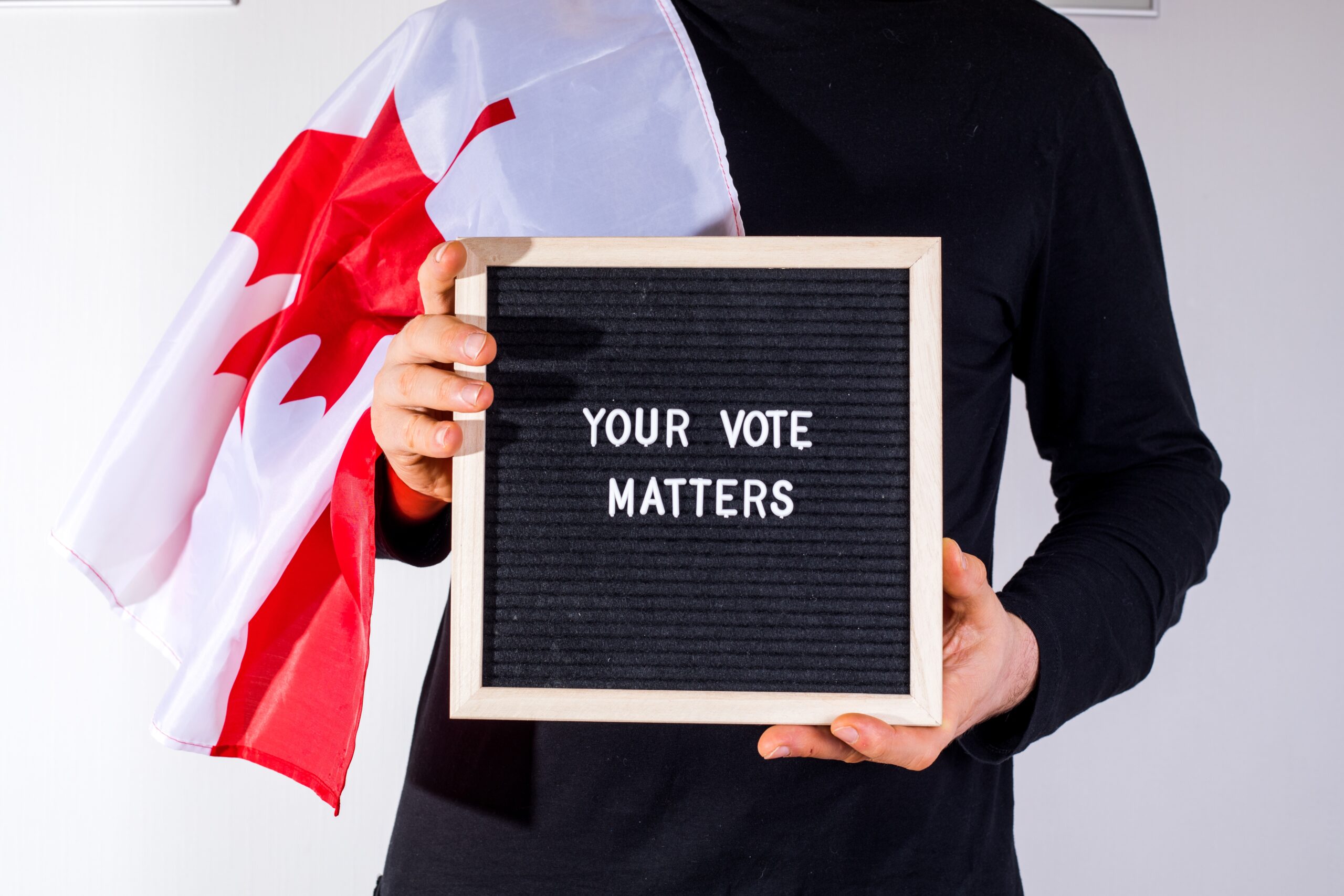Responsibilities of Canadian Citizens
- Respecting the law: The rule of law is a fundamental idea in Canada. No one is above the law; everyone must abide by it, even people and governments.
- It is a value in Canada to work hard, take care of one’s family, and contribute to the success of the nation. Taking responsibility for oneself and one’s family. Being able to operate within one’s capabilities leads to personal dignity and respect for oneself.
- Citizens have a legal obligation to serve on juries when they are called. Citizens’ impartial juries are essential to the operation of the justice system.
- Election rights: Citizenship entails the need to exercise their right to vote in all local, provincial, territory, and federal elections.
- Community service: Numerous Canadians give their time freely to people in need. Volunteering offers the chance to meet new people, develop useful skills, and improve the community.
- Every citizen has a part to play in preserving Canada’s natural, cultural, and architectural history for future generations. We should all work to maintain and enjoy our heritage and environment. It is crucial to protect our environment by avoiding waste and pollution.
Are you getting ready to become a citizen of Canada? If so, you must pass the citizenship test for Canada. This is the first section of the preparation for Duties and History. Your understanding of Canadian history, politics, geography, and culture will be assessed by this test. To become a citizen of Canada, you must pass the test, which can be challenging for some people. Don’t worry, though; with the correct study methods, you can ace the exam the first time.
Introduction: Understanding the Canadian Citizenship Test
An essential stage in the process of becoming a Canadian citizen is passing the citizenship test. It is a quiz that assesses your understanding of the history, culture, and core values of Canada. You must properly answer at least 15 out of the 20 multiple-choice questions on the test in order to pass.
You have 30 minutes to complete the test, which is given in either English or French. Since the questions are chosen at random from a pool of potential ones, it is imperative to have a thorough awareness of Canadian politics, society, and history.
Preparing for the Test: Tips and Strategies
- Know the Material: You need to be well-versed on Canada’s history, politics, geography, and culture in order to pass the test.
Studying the subject matter in-depth is the greatest method to get ready.
Study resources are available online and in Canadian citizenship books that are sold in retailers and libraries. - Prepare with Sample Tests: To assist you in getting ready for the test, a number of online resources provide practise tests.
These exams are a great approach to prepare because they mirror the actual test in terms of format and substance. - Time Management: You’ll have 30 minutes to complete the test, which may seem like a lot of time, but it can go by quickly. It’s essential to manage your time effectively, so you don’t run out of time before answering all the questions.
- Stay Calm and Focused: The test can be nerve-wracking, but it’s essential to stay calm and focused. Take deep breaths, and don’t rush through the questions. Read each question carefully and double-check your answers before moving on to the next question.
Key Topics to Focus On
Here are some key topics to focus on when preparing for the Canadian citizenship test:
1. History of Canada, highlighting significant moments and people.
2. The three branches of government in Canada, together with their respective functions, are described in detail.
3. Geographical features of Canada, including provinces, territories, important cities, and scenic areas.
4. Canadian values and culture, such as the Charter of Rights and Freedoms, multiculturalism, and national emblems and customs.
Who is Not Eligible to Take the Canadian Citizenship Test?
Refugees and Asylum Seekers
Refugees and asylum seekers who are waiting for a decision on their refugee claim are not eligible to take the Canadian Citizenship Test. They must wait until they become permanent residents before they can apply for citizenship.
Temporary Residents
Temporary residents, such as students or temporary foreign workers, are not eligible to take the Canadian Citizenship Test. They must first become permanent residents before they can apply for citizenship.
Conclusion: Passing the Canadian Citizenship Test
you must be a permanent resident of Canada, at least 18 years old, have adequate language skills, and not have a criminal record. If you are a refugee or asylum seeker, you must wait until you become a permanent resident before applying for citizenship. Temporary residents must also become permanent residents before they can apply for citizenship.
The first step in obtaining Canadian citizenship is passing the citizenship test. You can ace the test on your first attempt if you do the necessary studying. Make sure to thoroughly review the information, practise using practise exams, efficiently manage your time, and maintain composure and concentration throughout the exam. You will be well on your way to becoming a Canadian citizen if you abide by these guidelines.
